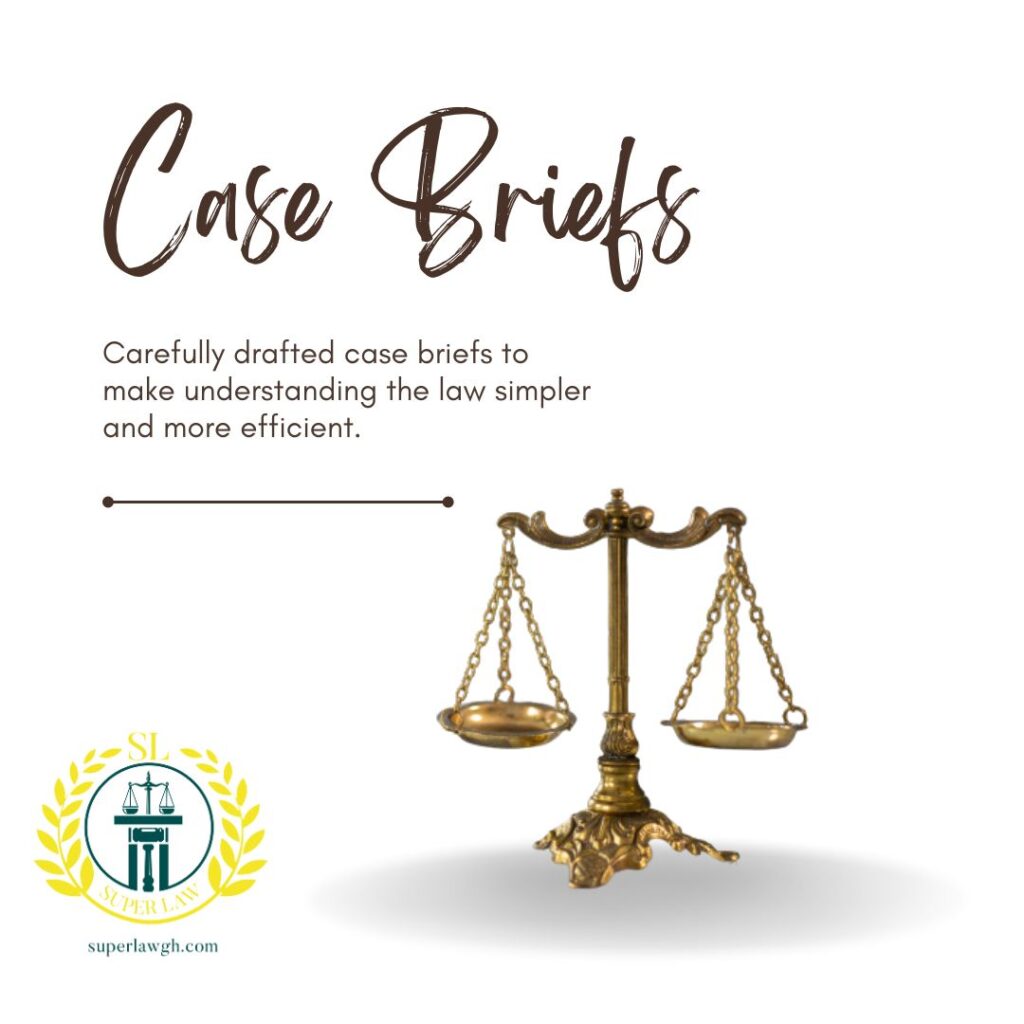
All government appointees who have failed to declare their assets by the March 31, 2025, deadline issued by President John Dramani Mahama are to forfeit three months of their salary, the President has directed.
That money is to be donated to the MahamaCares fund [Ghana Medical Trust Fund], which was launched last week by President Mahama.
The President has, however, given a reprieve and extended a new deadline for the asset declaration to Wednesday, May 7, 2025.
Any appointee who fails to meet this new deadline should consider themselves automatically dismissed.
This affects all who were nominated or appointed before the March 31 deadline.
President John Dramani Mahama gave the directive when he launched a new code of conduct for all government appointees on Monday, May 5, 2025.
All appointees who failed to declare their assets by March 31, 2025, will forfeit four months’ salary and are to make a matching donation to the Ghana Medical Trust Fund, President Mahama said.
Out of the four months, one month is a contribution to the MahamaCares Medical Fund, which all appointees are donating to and the remaining three months is for the failure to meet the March 31 deadline to declare assets.
President Mahama added that any official who fails to comply by the end of Tuesday, May 6, “stands automatically dismissed.”
President Mahama himself has fulfilled his own asset declaration obligations ahead of the deadline, as required under Article 286 of Ghana’s 1992 Constitution.
The law mandates public officeholders to declare their assets and liabilities both upon assuming office and when leaving.
The Constitution and Asset Declaration: is the President’s action in conformity with the Constitution?
The framers of the constitution in their wisdom and in spirit of holding those who hold public offices accountable to the people of Ghana, decided under Chapter of the 1992 Constitution to outline a code of conduct for public officers. Key among the provisions under chapter 12 is article 286. This Article mandates each person who holds public officer under its clause 5 to submit to the Auditor-General a written declaration of all property or assets owned by, or liabilities owed by, him whether directly or indirectly.
(a) within three months after the coming into force of this
Constitution or before taking office, as the case may be,
(b) at the end of every four years; and
(c) at the end of his term of office.
The public offices that have been mentioned are:
a) the President of the Republic;
(b) the Vice-President of the Republic;
(c) the Speaker, the Deputy Speaker and a Member of Parliament;
(d) Minister of State or Deputy Minister;
(e) Chief Justice, Justice of the Superior Court of Judicature, Chairman of a Regional Tribunal, the Commissioner for Human Rights and Administrative Justice and his Deputies and all judicial officers;
(f) Ambassador or High Commissioner;
(g) Secretary to the Cabinet;
(h) Head of Ministry or government department or equivalent office in the Civil Service;
(i) chairman, managing director, general manager and
departmental head of a public corporation or company in which the State has a controlling interest; and
(j) such officers in the public service and any other public
institution as Parliament may prescribe.
Failure to declare or knowingly making false declaration amounts to a contravention of the above article. And this contravention is to be dealt with by the Commissioner for Human Rights and Administrative Justice and, in the case of the Commissioner of Human Rights and Administrative Justice, to the Chief Justice who shall, unless the person concerned makes a written admission of the contravention or non-compliance, cause the matter to be investigated.
These same provisions have been enacted into an Act of Parliament titled PUBLIC OFFICE HOLDERS (DECLARATION OF ASSETS AND DISQUALIFICATION)
ACT 1998, ACT 550. However, this Act contains more elaboarate provisions on the kind of properties that are subject to it among other things.
In a nutshell, there is an already existing system of asset declaration in the constitution which has been supplemented by an act of Parliament. Both laws provide a means of enforcing their provisions should they be violated contrary to the means the President has chosen. Those who fail to comply are to be made subejct to an investigation by the Commissioner for Human Rights and Administrative Justice and, in the case of the Commissioner of Human Rights and Administrative Justice, to the Chief Justice unless the person admits in writing of the violation. Upon completion of investigation, the Commissioner of Human Rights and Administrative Justice or the Chief Justice as the case may be, may take such action as he considers appropriate in respect of the results of the investigation or the admission.
Gertrude Ankah Graphic Online /Politics /2 minutes read

